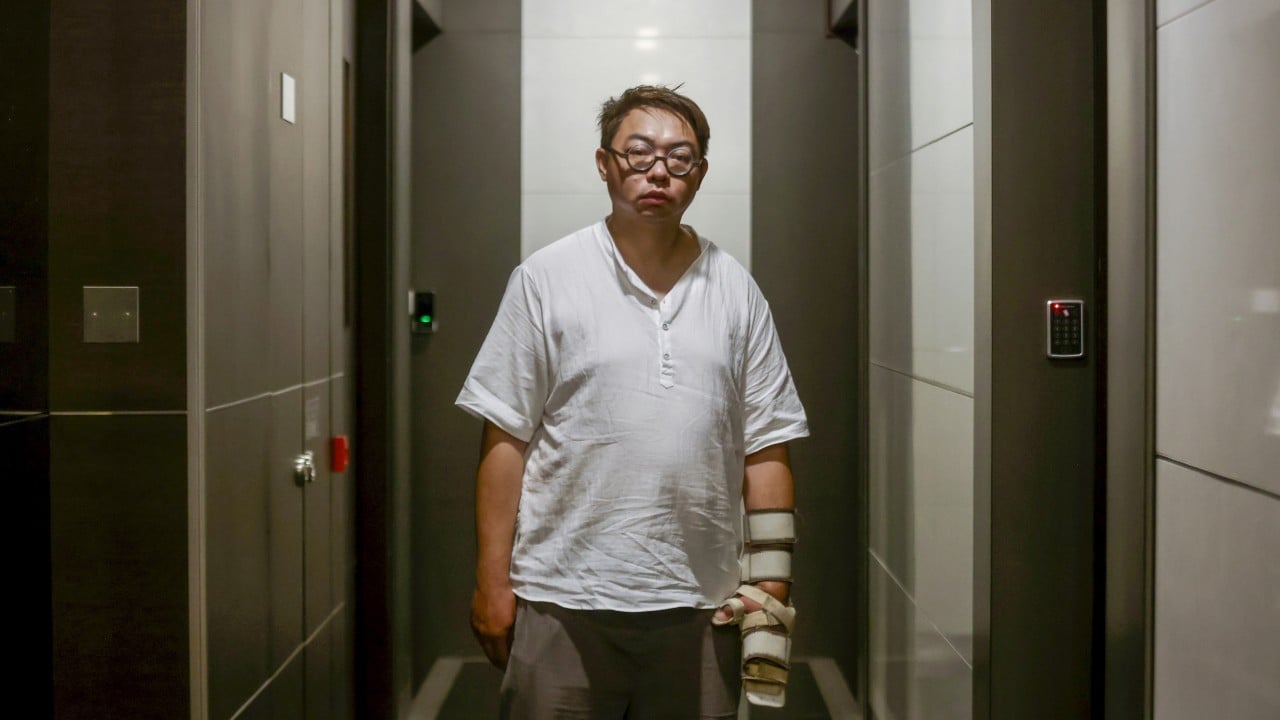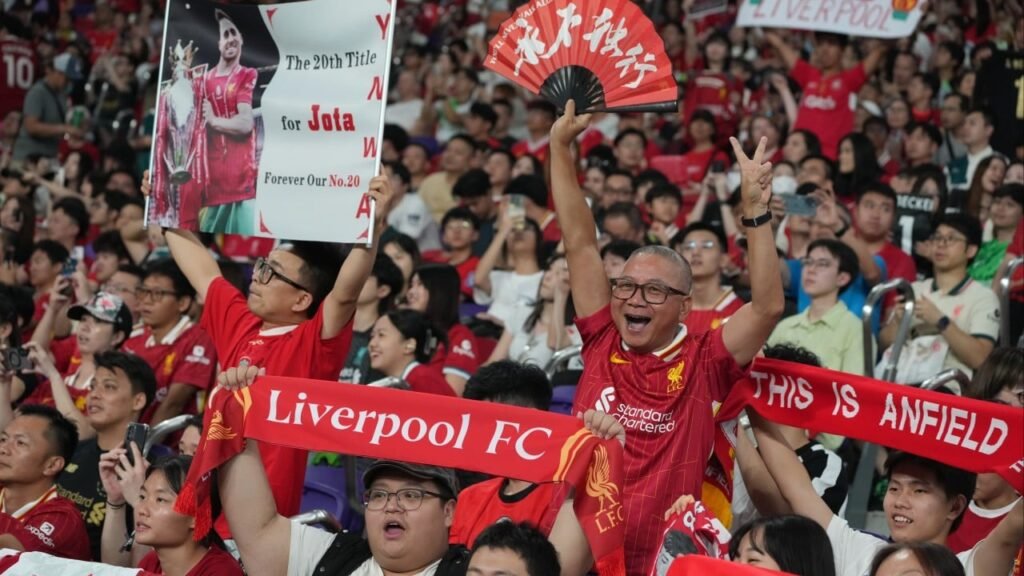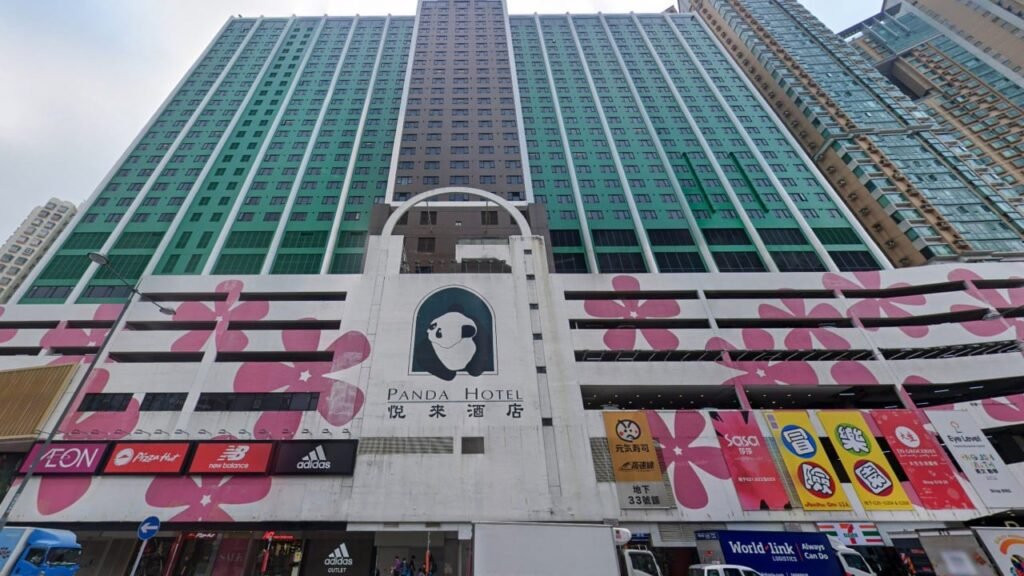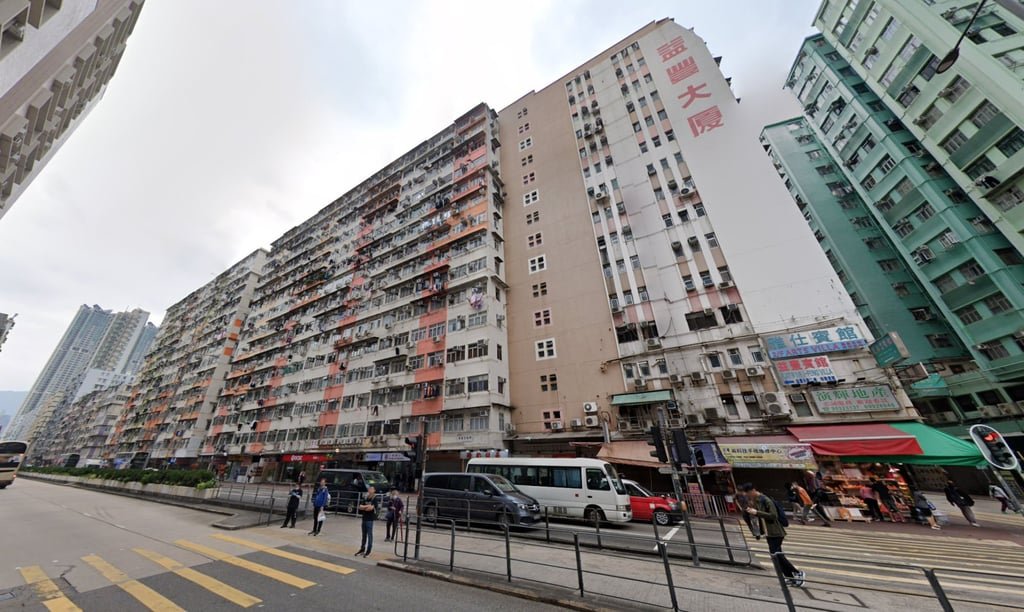
Hongkonger Alan Chan Hei-lun, 43, has been struggling silently with his mental health for the past eight years.
His world was shattered in 2017 when a sudden stroke while playing football left his left side paralysed, driving him to attempt to end his life in hospital.
Discharged into a harsh new reality, his fight continued as he lost his customer service job at the airport during the Covid-19 pandemic and entered a cycle of being let go by almost every employer during probation as a disabled man. His wife, overwhelmed by the care duties, also filed for divorce last year, taking custody of their 11-year-old son.
Chan’s self-esteem plummeted; he struggled to sleep and suffered a serious flare-up of eczema. He was also diagnosed with anxiety and depression but had to wait months for each consultation with a psychologist.
Suicidal thoughts became a constant companion amid the emotional and financial stress, but he rarely told others about his feelings.
“It is difficult to show one’s weakness as a man in Hong Kong … In Chinese society, men are always expected to carry all the weight and swallow their feelings,” Chan said.







